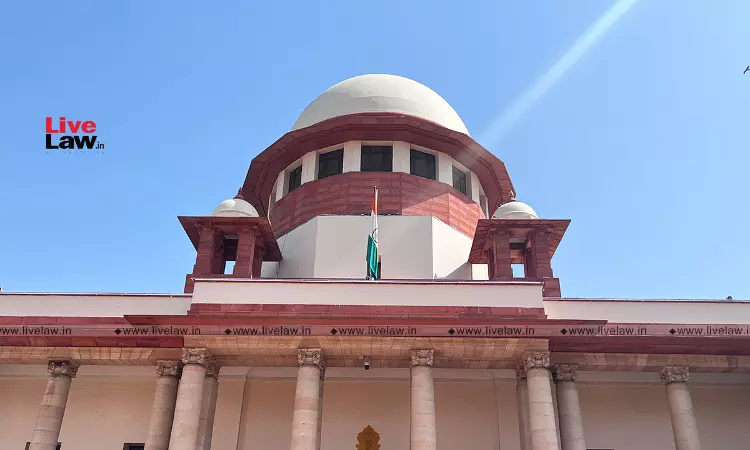Order 41 Rule 22 CPC - Cross Objections Have All Trappings Of Regular Appeal ; Must Be Considered In Full : Supreme Court
Ashok KM
4 July 2023 5:26 PM IST

Next Story
4 July 2023 5:26 PM IST
The Supreme Court observed that the cross objections have all the trappings of a regular appeal and must be considered in full by the court adjudicating upon the same.In this case, the appellants contended that the issues raised by them in their cross objections have not been considered by the Delhi High Court. While the High Court has given a detailed analysis of all other issues raised in...
